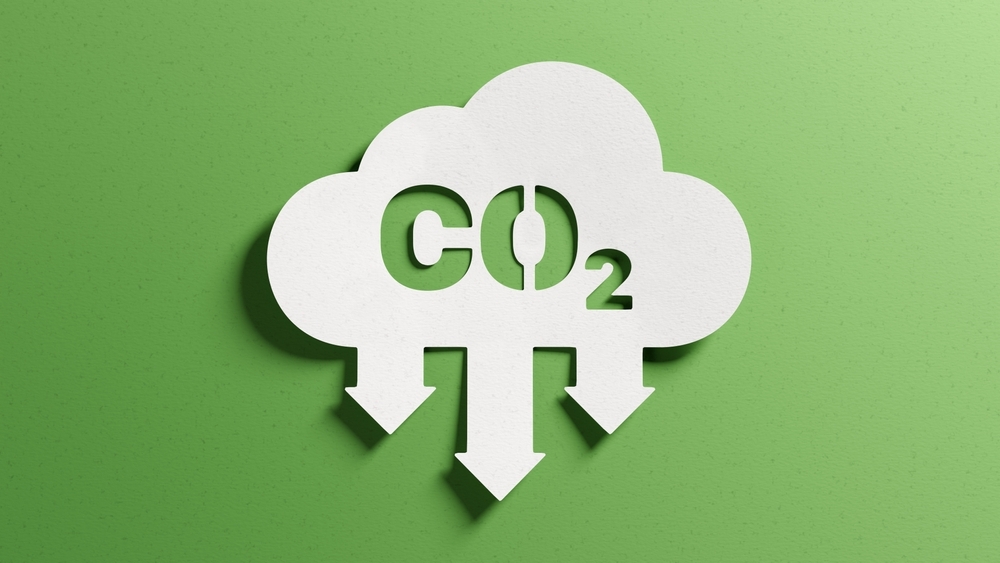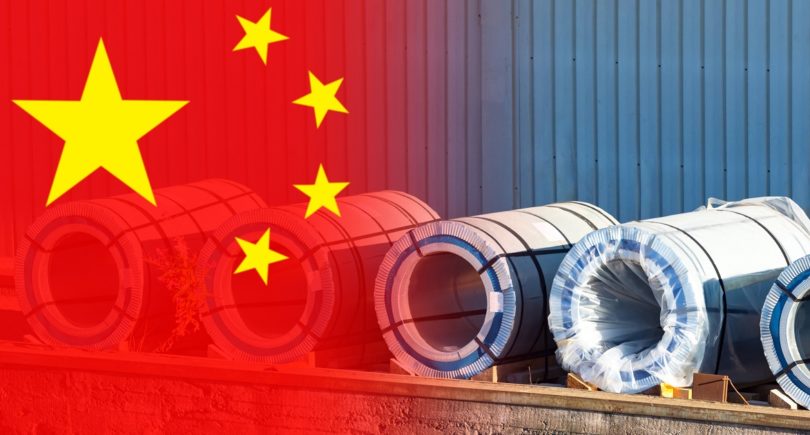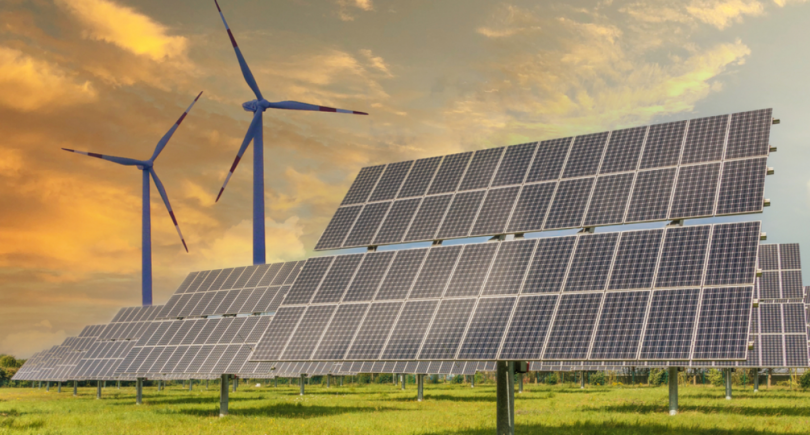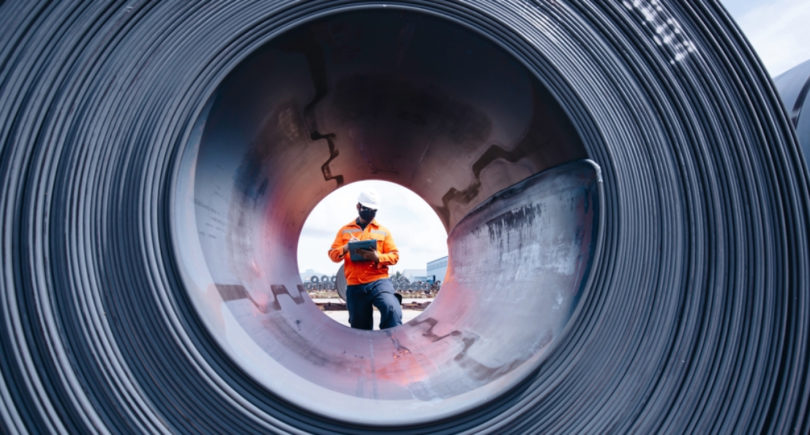
News Global Market decarbonization 2403 05 April 2024
In energy-intensive industries, emissions decreased by approximately 7% y/y
Carbon emissions regulated under the EU’s emissions trading system (ETS) decreased by a record 15.5% in 2023 compared to the previous year. This is stated in the report of the European Commission.
Last year’s emissions under the EU ETS show the most significant annual reduction since its launch in 2005.
The most important driver of the record reduction was the energy sector, where emissions from electricity production decreased by 24% y/y. This is due to a significant increase in generation from renewable sources (primarily wind and solar) due to a reduction in both coal and gas use. Another factor was the resumption of hydro and nuclear power due to more favorable climatic conditions.
Emissions from energy-intensive industries decreased by about 7% last year compared to 2022. According to the European Commission, this is the result of a combination of production cuts and efficiency gains, which are mainly visible in the cement and steel industries.
At the same time, according to Politico, Veyt, a carbon market analysis company, warns that weak economic growth also plays a role in reducing electricity demand, and this vector may be reversed. However, this does not negate the long-term trends of increasing renewable energy capacity and phasing out coal, said Ingvild Sjöhus, European Carbon Analysis Manager at Veyt.
She also added that European businesses are struggling with a combination of high interest rates, higher energy costs, inflation and falling demand. Therefore, the decline in industrial emissions in 2023 should not give the misleading impression that major polluters will meet their climate targets.
«The European steel industry has great ambitions to reduce CO2 emissions. However, decarbonization projects are long-term. At present, the reduction in carbon emissions is associated with a 7.4% drop in steel production in 2023, and we have no data on a significant reduction in the carbon intensity of steel production,» said GMK Center analyst Andriy Glushchenko.
The EU ETS regulates about 45% of greenhouse gas emissions in the European Union and is the bloc’s flagship scheme to combat global warming by charging for the right to emit carbon.
As GMK Center reported earlier, EUROFER believes that ensuring favorable conditions for the decarbonization of the steel sector should be a priority for the EU. Green steel produced in Europe plays a strategic role as it helps create a zero-emission economy. According to the industry association, in 2023, the lowest level of steel production in Europe on record was recorded, and a number of plants were idle.



